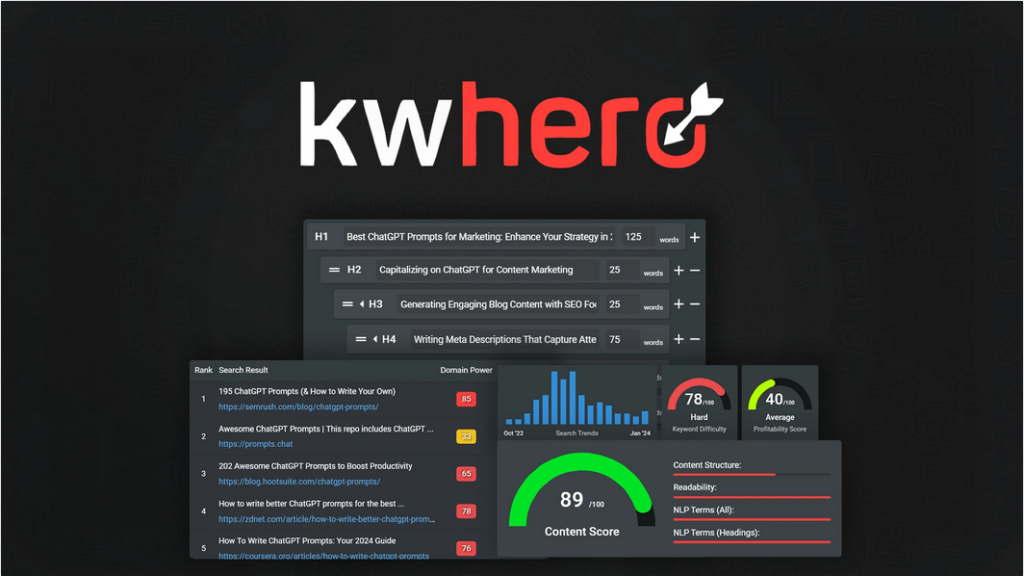Optimization AI Data Security
In today’s digital age, data security is of utmost importance. With the rise of artificial intelligence (AI) and machine learning technologies, organizations are collecting and analyzing vast amounts of data to gain valuable insights and make informed decisions. However, with the increased use of AI comes the risk of data breaches and cyber attacks. It is crucial for businesses to optimize their AI data security measures to protect sensitive information and maintain the trust of their customers.
Importance of Data Security in AI Optimization
Data security is essential for organizations that rely on AI technologies to process and analyze data. Without proper security measures in place, sensitive information can be compromised, leading to financial losses, reputational damage, and legal consequences. By optimizing AI data security, businesses can ensure that their data remains safe and secure from unauthorized access.
In the digital age, data is the new currency. It is imperative for organizations to prioritize data security to safeguard their valuable assets and maintain the trust of their customers. By optimizing AI data security, businesses can not only protect sensitive information from cyber threats but also demonstrate their commitment to data privacy and security to their stakeholders.
Implementing robust data security measures is not just a good business practice; it is a legal requirement in many industries. Non-compliance with data security regulations can result in severe penalties and reputational damage. By prioritizing AI data security, organizations can ensure that they are meeting regulatory requirements and protecting themselves from potential legal liabilities.
read about Optimization AI data privacy
Challenges in AI Data Security
There are several challenges that organizations face when it comes to securing their AI data. Some of the common challenges include:
- Data Privacy: Protecting the privacy of customer data is a top priority for businesses. With the increasing amount of data collected and analyzed by AI systems, ensuring data privacy is becoming more challenging. Implementing data anonymization techniques can help organizations protect sensitive information while still deriving valuable insights from their data.
- Cyber Threats: Cyber attacks are on the rise, with hackers constantly looking for vulnerabilities to exploit. Organizations need to be proactive in identifying and mitigating potential threats to their AI data security. Implementing advanced threat detection technologies and regularly updating security protocols can help organizations stay ahead of cyber threats.
- Compliance Regulations: Many industries have strict regulatory requirements when it comes to data security. Organizations must ensure that their AI systems comply with these regulations to avoid fines and penalties. Conducting regular compliance audits and staying up to date with changing regulations is essential for maintaining data security compliance.
Strategies for Optimizing AI Data Security
To enhance AI data security, organizations can implement the following strategies:
- Data Encryption: Encrypting data is a crucial step in protecting sensitive information from unauthorized access. By using encryption algorithms, organizations can ensure that data remains secure both in transit and at rest. Implementing end-to-end encryption can provide an extra layer of security for data transmitted between systems.
- Access Control: Implementing strict access control measures can help prevent unauthorized users from accessing sensitive data. By defining user roles and permissions, organizations can limit access to data based on individual needs. Implementing multi-factor authentication can further enhance access control measures.
- Regular Audits: Conducting regular security audits and assessments can help identify potential vulnerabilities in AI systems. By monitoring and analyzing system logs, organizations can detect any unusual activity and take corrective actions. Implementing automated security monitoring tools can help organizations streamline the audit process and identify security issues in real-time.
- Employee Training: Educating employees about data security best practices is key to maintaining a secure AI environment. By raising awareness about potential threats and providing training on how to respond to security incidents, organizations can empower their workforce to protect sensitive data. Implementing regular security training sessions and phishing awareness programs can help employees stay vigilant against cyber threats.
- Incident Response Plan: Developing an incident response plan is essential for handling security breaches effectively. By outlining the steps to take in the event of a data breach, organizations can minimize the impact on their operations and reputation. Conducting regular incident response drills and simulations can help organizations prepare for potential security incidents and ensure a swift and effective response.
Conclusion
In conclusion, optimizing AI data security is essential for organizations that rely on artificial intelligence technologies to process and analyze data. By implementing robust security measures, businesses can protect sensitive information from cyber threats and ensure compliance with regulatory requirements. With data breaches becoming increasingly common, it is crucial for organizations to prioritize data security and take proactive steps to safeguard their AI systems. By following the strategies outlined in this article, businesses can enhance their AI data security and maintain the trust of their customers.
FAQ
1. Why is data security important in AI optimization?
Data security is crucial in AI optimization to protect sensitive information, prevent data breaches, and maintain the trust of customers.
2. What are some challenges organizations face in AI data security?
Some common challenges in AI data security include ensuring data privacy, mitigating cyber threats, and complying with regulatory requirements.
3. How can organizations optimize AI data security?
Organizations can optimize AI data security by implementing strategies such as data encryption, access control measures, and conducting regular security audits.
4. What are some strategies for enhancing AI data security?
Some strategies for enhancing AI data security include encrypting data, implementing access control, and regularly auditing security measures.


